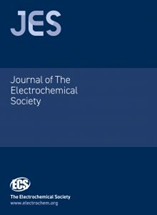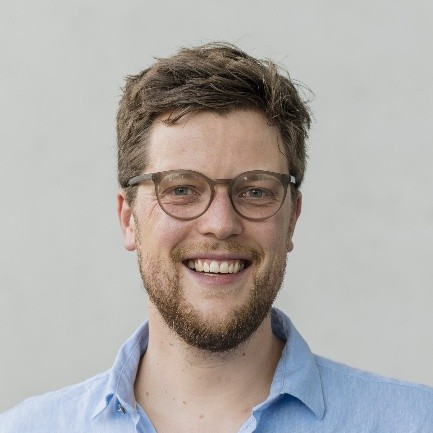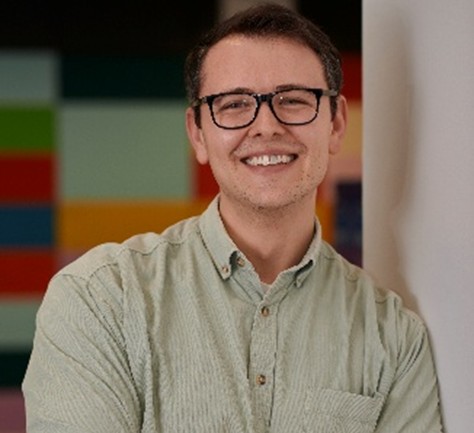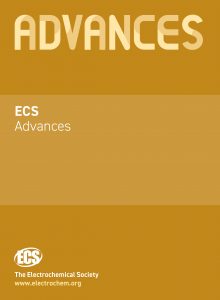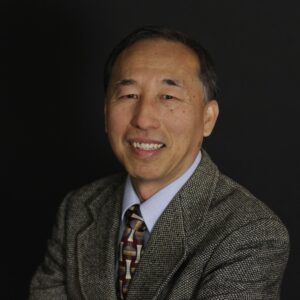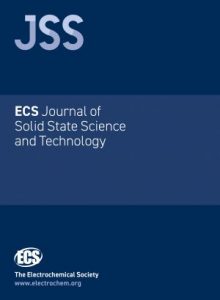 The Electrochemical Society (ECS) named 12 members to the 2025 Class of Fellows of The Electrochemical Society. This designation was established in 1989 to recognize advanced individual technological contributions to electrochemistry and solid state science and technology, and for service to the Society. These members are recognized for scientific achievements, leadership, and active participation in the Society. Each year, up to 15 renowned scientists and engineers are chosen by their peers for this honor.
The Electrochemical Society (ECS) named 12 members to the 2025 Class of Fellows of The Electrochemical Society. This designation was established in 1989 to recognize advanced individual technological contributions to electrochemistry and solid state science and technology, and for service to the Society. These members are recognized for scientific achievements, leadership, and active participation in the Society. Each year, up to 15 renowned scientists and engineers are chosen by their peers for this honor.
The 2025 ECS Fellows are (listed alphabetically): Thierry Brousse, Université de Nantes; Scott Calabrese Barton, Michigan State University; Uroš Cvelbar, Jožef Stefan Institute; Avetik R. Harutyunyan, Honda Research Institute USA, Inc.; Bing-Joe Hwang, National Taiwan University of Science and Technology; Ryoji Kanno, Institute of Science Tokyo; Xingbo Liu, West Virginia University; Radenka Maric, University of Connecticut; Nosang Myung, University of Notre Dame; Colm O’Dwyer, University College Cork; Jeff Sakamoto, University of California, Santa Barbara; and David Wilkinson, University of British Columbia.
The induction of the 2025 Class of ECS Fellows takes place on October 13, 2025, at the 248th ECS Meeting in Chicago, IL, USA.
Join us in congratulating our new ECS Fellows! (more…)



